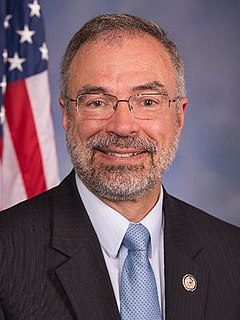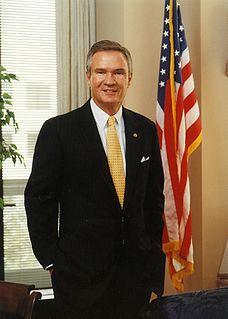A Quote by Nancy Pelosi
Think of an economy where people could be an artist or a photographer or a writer without worrying about keeping their day job in order to have health insurance.
Related Quotes
Think of an economy where people could be an artist or a photographer or, eh, a writer without worrying about keeping their day job in order to have health insurance, or that people could start a business and be entrepreneurial and take risk but not be job-locked because a child has asthma or someone in the family is bipolar. You name it. Any condition is job-blocking.
Health insurance in Germany continues with no change if you lose a job. We do know very well that people who become unemployed are at an increased risk of becoming ill, and therefore becoming unemployed is about the worst time to lose health insurance. So therefore, everyone who loses a job remains in exactly the same insurance system he is in.
So, what people are actually left with to spend is maybe 25 to 30% of their income on goods and services, after paying taxes and after paying the FIRE sector (Finance, Insurance, Real Estate). Whether it's housing insurance or mortgage insurance. So there's an idea of distracting people. Don't think of your condition. Think of how the overall economy is doing. But don't think of the economy as an overall unit. Think of the stock market as the economy. Think of the rich people as the economy. Look at the yachts that are made. Somebody's living a lot better. Couldn't it be you?
As a physician and a U.S. senator, I have warned since the very beginning about many troubling aspects of Mr. Obama's unprecedented health-insurance mandate. Not only does he believe he can order you to buy insurance, the president also incorrectly equates health insurance coverage with medical care.
The Affordable Care Act is a huge problem. [Repealing the ACA is] going to have huge implications. We have millennials that live in Boston that are on their parents' health insurance. The businesses have hired them and have been able to hire more people because they have been able to be on their own health insurance. We have seniors in our city who have preexisting conditions, or something called a "donut hole," which is a prescription drug [gap] in Medicare. Whatever changes they make could have detrimental effects on people's health care, but also on the economy.
Health insurance, which is exceedingly difficult to secure as an individual in New York. Obamacare, while certainly better than nothing, is pretty awful, and if you have a complicated health history, as I do, you need premium insurance, which means private insurance. The challenge, though, is finding a company that will give you the privilege of paying up to $1,400 a month for it. When I didn't have a job, I spent more time thinking about insurance - not just paying for it, but securing it in the first place - than I wanted to.
I think when you're stressing, or worried about your performance, worrying about this and worrying about that, that's when things start to get tough and you're not enjoying it anymore and it becomes a job. Although it is our job to play, still you have to understand that it's a game and you have to enjoy it.
































